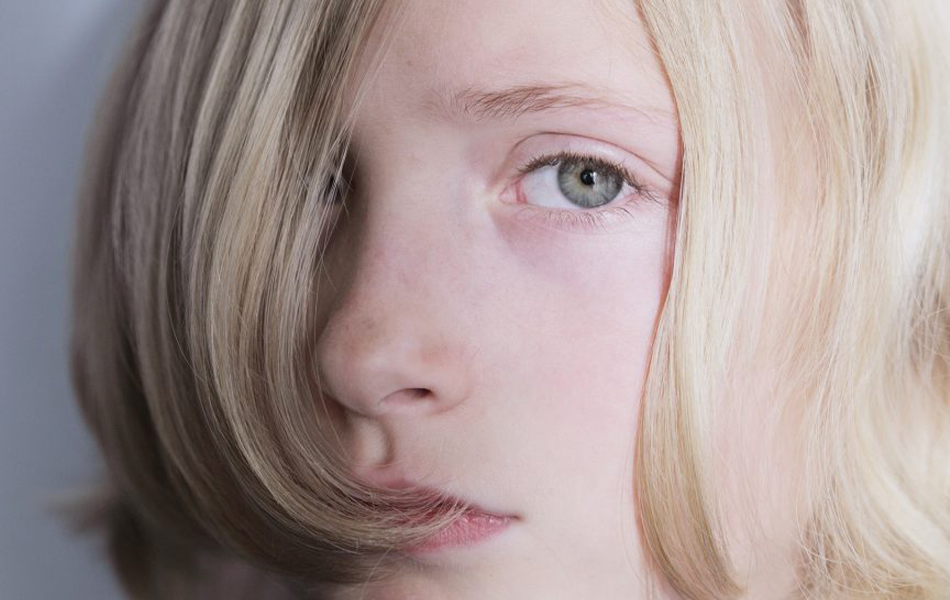Trauma in Childhood

It’s a commonly held belief that young children aren’t as affected by traumatic events because of their age—that they’re likely to forget terrible experiences and move on unscathed. Research has found this to be untrue. Childhood trauma is extremely valid, affecting children from 0-6 years of age. Everything from witnessing violent acts and physical/sexual abuse to living through events that threaten […]


